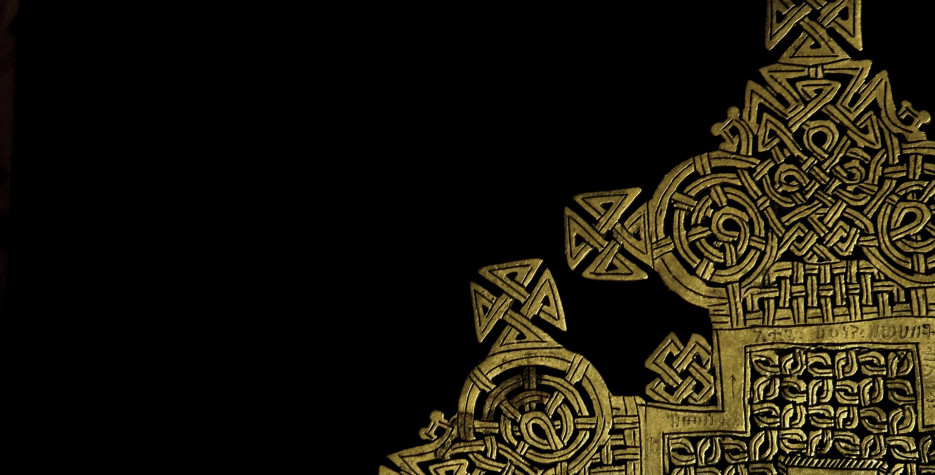When is Meskel?
This public holiday in Ethiopia and Eritrea is celebrated on September 27th unless it is a leap year, in which case it is celebrated on 28 September 28th.
Meskel commemorates the discovery of the True Cross by Queen Helena in the fourth century. This is the first big festival of the Ethiopian religious year.
History of Meskel
In the centuries after the events described in the New Testament, Christianity was gaining a foothold in Europe, growing from an obscure cult in 300 AD to becoming the state religion of the Roman Empire by 380 AD.
The rise of Christianity during this period was largely due to the Roman Emperor Constantine, who declared himself a Christian while decriminalizing Christianity in 313 AD. Following his conversion, his mother, Empress Helena (later St. Helena) travelled to the Holy Lands to establish churches and spread the gospel in 326 AD.
While in Jerusalem, Helena had a dream in which she was told to light a bonfire and the smoke would indicate where the true cross was hidden. On waking, the bonfire was built and lit, and the smoke revealed the location of the three crosses that had been used for the crucifixions of Jesus and two others on Good Friday.
This tradition of the discovery of the true cross is celebrated by the Orthodox church, but is popular in the Ethiopian Orthodox church as it is believed that a part of the true cross was brought to Ethiopia in the 15th century and is kept at Amba Geshen, a mountain fortress built in the shape of a cross.
Celebrations begin on the eve of the festival, known as Demera. Thousands gather in Meskel Square in the centre of Addis Ababa, the capital of Ethiopia, where the Demera bonfire is built, made of wooden poles surrounded by bundles of branches and torches, and decorated with green grass and Adey Abeba, Abyssinian daisies that symbolize the Ethiopian New Year.
The crowds are joined by hundreds of priests and deacons from churches around the city, chant hymns and prayers and perform their unique rhythmic dance in front of the pyre. At sunset, the patriarch of the Ethiopian Orthodox Tewahedo Church lights the bonfire, in honour of the bonfire that was lit by St. Helena.
The ashes are then marked on foreheads in the shape of a cross, similar to Ash Wednesday. Indeed, it is said that the discovery of the true cross took place in Spring, but that the festival was moved to avoid falling during Lent.
In 2013, Meskel was added to the Representative List of the Intangible Cultural Heritage of Humanity by the UN Agency for Education, Science and Culture.


